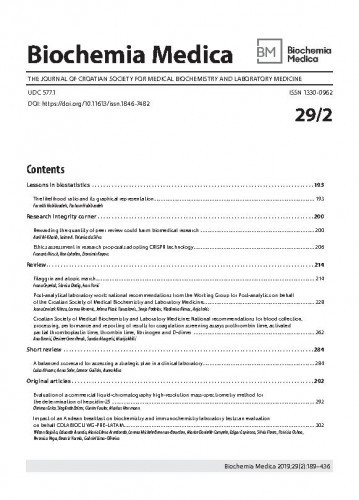Voluntary peer review is generally provided by researchers as a duty or service to their disciplines. They commit their expertise, knowledge and time freely without expecting rewards or compensation. Peer review can be perceived as a reciprocal mission that aims to safeguard the quality of publications by helping authors improve their manuscripts. While voluntary peer review adds value to research, rewarding the quantity or the volume of peer review is likely to lure academics into providing poor quality peer review. Consequently, the quantity of peer review may increase, but at the expense of quality, which may lead to unintended consequences and might negatively affect the quality of biomedical publications. This paper aims to present evidence that while voluntary peer review may aid researchers, pressurized peer review may create a perverse incentive that negatively affects the integrity of the biomedical research record. We closely examine one of the proposed models for rewarding peer review based on the quantity of peer review reports. This article also argues that peer review should remain a voluntary mission, and should not be prompted by the need to attain tenure or promotion.
Sažetak

 Biochemia medica : the journal of Croatian Society for Medical Biochemistry and Laboratory Medicine : 29,2(2019) / glavna i odgovorna urednica Daria Pašalić.
Biochemia medica : the journal of Croatian Society for Medical Biochemistry and Laboratory Medicine : 29,2(2019) / glavna i odgovorna urednica Daria Pašalić.